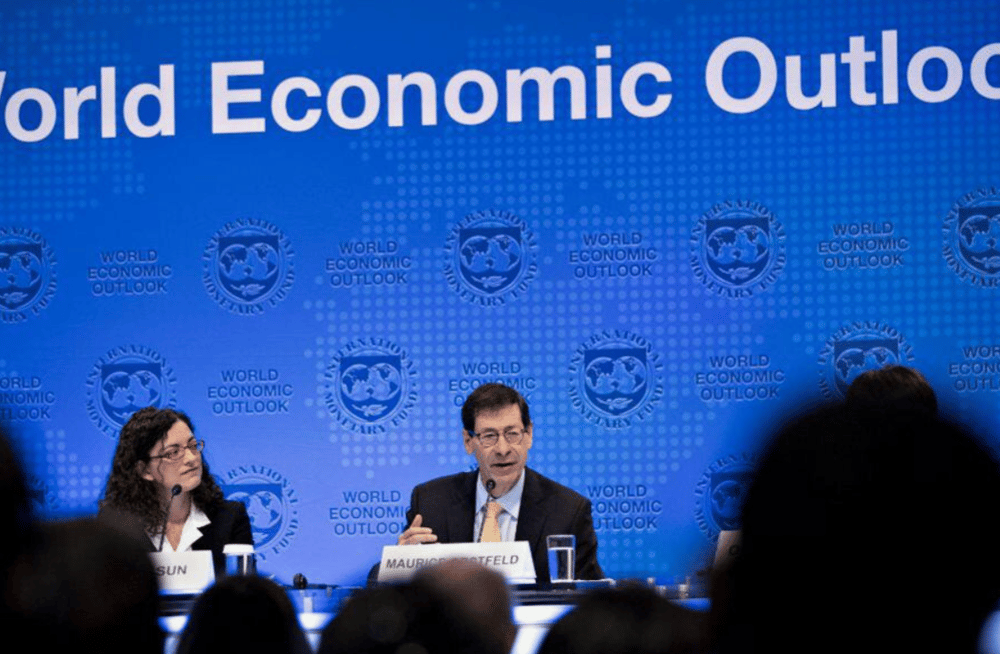
This sale signals a transformative shift that could set the stage for a new era in tech automation
The proposed move hints at an acceleration of automation innovation, allowing the tech sector to navigate its evolving landscape with greater agility

Recent data by Ipsos MORI has painted a stark picture of the British economy. The study, released on Sunday, shows that economic confidence among Britons has declined to levels unseen since the survey began in 1978. With 75% of the population expecting a worsening economic situation over the next 12 months—an 8 percentage point increase since March—the findings signal deeply rooted pessimism.
The Ipsos MORI report indicates that only 7% of Britons believe that next year's economic conditions will improve, while 13% anticipate no change. This widespread negative outlook is compounded by external factors such as recent tariffs imposed by the United States and growing concerns about the overall health of the UK economy. Analysts note that the optimism index, which now stands at a meager 68 points, reflects a level of pessimism reminiscent of the economic hardships experienced during the recessions of 1980 and 2008, as well as the cost-of-living crisis linked to the COVID pandemic.
- British entrepreneurs and consumers are both showing significant signs of economic uncertainty.
- The record low confidence underscores the fragility of the current economic environment.
- External pressures, including US tariffs and geopolitical concerns, are intensifying the negative sentiment.
In a detailed analysis of the situation, experts highlight several contributing factors behind the sharp decline in economic confidence. The following points offer a numbered breakdown of these critical issues:
1. A significant rise in the proportion of the population expecting an economic downturn, now at 75%.
2. Historical low optimism, with the current index of 68 points marking the worst performance on record.
3. The impact of recent tariffs and policy decisions that have added to market uncertainties.
4. Broader economic challenges, such as inflationary pressures and post-Brexit adjustments, further dampening expectations.

The Ipsos MORI findings present a sobering view of the current economic climate in Britain. The low levels of consumer and business confidence provide clear evidence that significant headwinds are affecting the economy. While the report stops short of predicting specific outcomes or advising on potential trading strategies, it underscores the importance of closely monitoring economic indicators during this turbulent period.
The decline in economic sentiment is more than just a statistic; it signals deeper structural issues that may require long-term policy adjustments and strategic economic planning. Experts caution that without proactive measures, the entrenched pessimism could hinder recovery efforts and impact investment prospects.
The Ipsos MORI study serves as a critical reminder of the challenges facing the British economy. As confidence remains at historic lows, both domestic and international stakeholders will be watching closely for changes that might influence the broader economic landscape. The road ahead is uncertain, and the current data suggests that a cautious approach will be necessary as the country navigates these complex times.